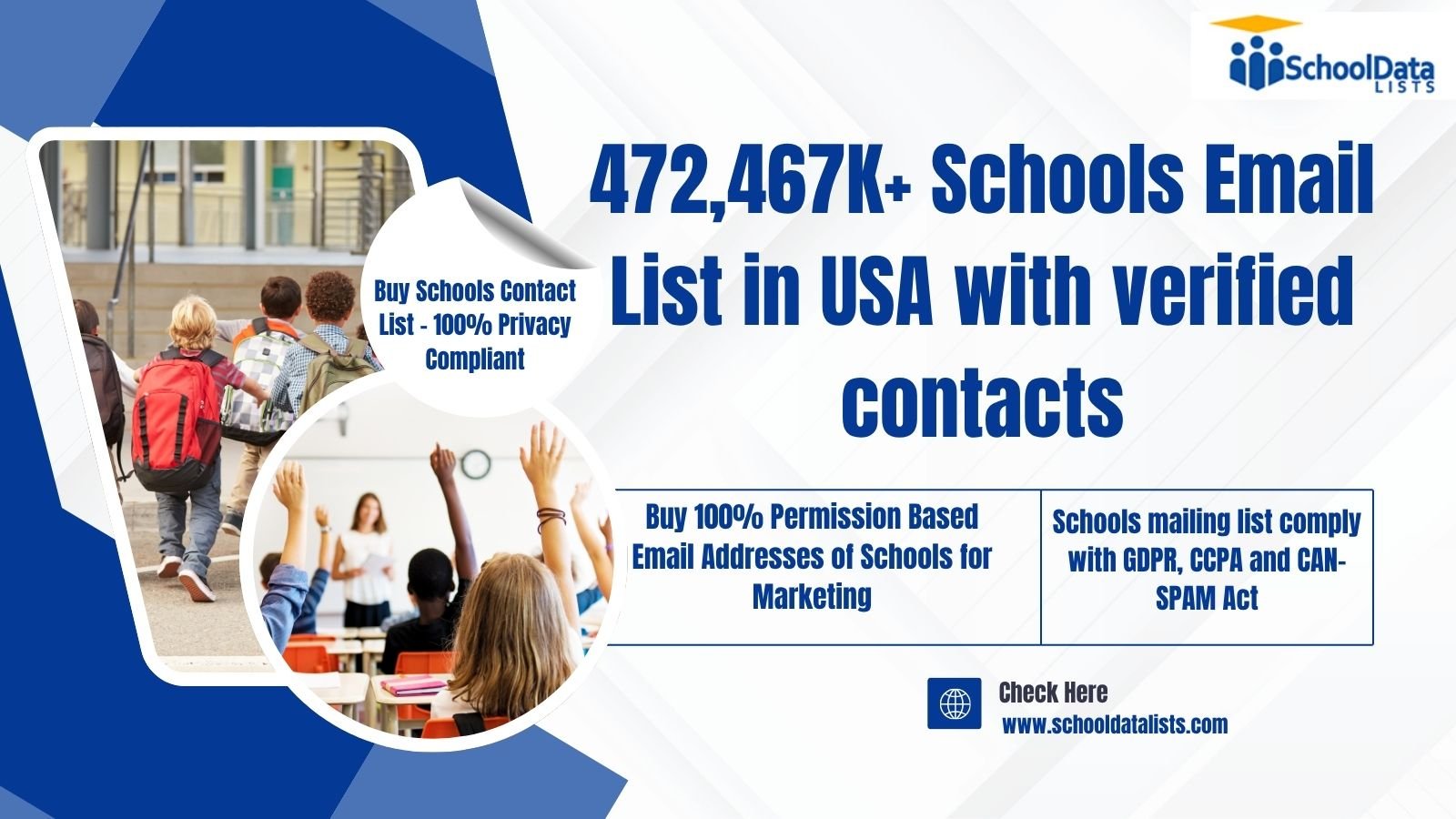In today’s competitive job market, recruitment plays a pivotal role in shaping the workforce of organizations. Companies are no longer looking for candidates who simply check all the traditional boxes. Instead, they are recognizing the immense value that diverse teams bring to the table. Best Manpower Agency in Pakistan is helping businesses break the long-standing stereotypes associated with recruitment by promoting diversity and inclusion. This shift is essential for companies to fully leverage the unique strengths and perspectives that a diverse workforce offers.
The Impact of Stereotypes in Recruitment
Stereotypes have been a long-standing barrier in recruitment processes. Whether it’s based on gender, age, ethnicity, or educational background, these biases can hinder the ability to create a diverse team. Here are some common recruitment stereotypes:
Common Recruitment Stereotypes
- Gender Roles:
Assuming certain roles are better suited for one gender over another, such as men in tech or women in nursing. - Age Bias:
Believing younger candidates are more adaptable or older candidates are out of touch with technology. - Educational Background:
Giving undue preference to candidates from prestigious institutions over others who may have the same skills but from lesser-known schools. - Cultural Assumptions:
Preferring candidates from similar cultural or ethnic backgrounds.
While these stereotypes are often unintentional, they can deeply impact the recruitment process, leading to missed opportunities and underrepresentation in teams. By breaking these stereotypes, companies can create a more inclusive environment where innovation and creativity thrive.
The Business Case for Diverse Teams
Building a diverse team is not just a matter of social responsibility—it’s a smart business decision. Research shows that companies with diverse teams perform better in the following ways:
Benefits of Diverse Teams
- Improved Problem-Solving:
Different perspectives lead to more innovative solutions. - Increased Creativity:
Diverse backgrounds bring unique ideas to the table, fostering creativity. - Enhanced Employee Satisfaction:
An inclusive environment makes employees feel valued and respected. - Better Decision-Making:
A wider range of perspectives allows for more comprehensive and effective decisions. - Attraction of Top Talent:
Organizations that prioritize diversity are more attractive to a broader talent pool.
Why Diverse Teams Perform Better
Diverse teams bring together people with various life experiences, perspectives, and approaches to problem-solving. This broadens the lens through which challenges are viewed and solved. Whether it’s navigating cultural nuances or brainstorming innovative ideas, diverse teams are more agile and resilient in dynamic environments.
Breaking the Stereotypes: Steps to Build Diverse Teams
Recruiters and hiring managers have the power to redefine the recruitment process by actively working to eliminate biases and stereotypes. Below are actionable steps to help build more diverse and inclusive teams:
1. Review Job Descriptions for Bias
The language used in job descriptions can inadvertently discourage certain groups from applying. Here’s how to prevent that:
- Avoid gendered language, such as “ninja” or “rockstar,” which may alienate potential candidates.
- Focus on skills and experiences rather than specific educational qualifications.
- Encourage diverse applicants by including statements that highlight your organization’s commitment to diversity.
2. Implement Blind Recruitment
Blind recruitment is a process where identifying details, such as name, age, and educational background, are removed from resumes during the initial screening process. This ensures that decisions are made purely on skills and qualifications.
- Pros: Helps to eliminate unconscious biases.
- Cons: Could lead to complications later in the process when face-to-face interactions occur.
3. Train Hiring Managers on Unconscious Bias
Unconscious bias training can help hiring managers recognize and mitigate their biases. This training can also introduce techniques for ensuring a more equitable recruitment process, such as:
- Structuring interviews with standardized questions for all candidates.
- Using diverse interview panels to get a range of perspectives on each candidate.
- Encouraging decision-makers to reflect on any potential biases before making a final hiring decision.
4. Promote Inclusive Company Culture
Diversity doesn’t stop at recruitment. To retain diverse talent, organizations must promote an inclusive company culture where all employees feel they belong.
- Create Employee Resource Groups (ERGs): These groups can provide support and a sense of community for underrepresented employees.
- Offer Mentorship Programs: Pairing diverse employees with mentors can provide valuable career guidance and support.
5. Leverage Technology in Recruitment
Advanced recruitment tools, such as Applicant Tracking Systems (ATS) and AI-powered platforms, can help eliminate bias from the process. These technologies analyze resumes based purely on qualifications and experience, without being influenced by gender, race, or age.
- ATS: Filters candidates based on keywords and experience, promoting fairness.
- AI Tools: Use data-driven algorithms to assess candidate compatibility, reducing human error and bias.
Real-Life Success Stories of Diverse Teams
Several global organizations have successfully redefined their recruitment processes to focus on diversity and inclusion:
1. Google:
The tech giant has committed to diversifying its workforce through initiatives aimed at recruiting more women and people of color into technical roles. Their strategy includes bias training for managers and ensuring diverse interview panels.
2. Unilever:
Unilever utilizes AI-driven tools in their recruitment process, removing demographic data to ensure a fair evaluation of candidates. This has helped them build a more diverse team globally.
3. Accenture:
Known for its inclusive policies, Accenture ensures diversity by setting specific goals for hiring women and underrepresented minorities. They also conduct regular audits to ensure these goals are being met.
Conclusion: The Future of Recruitment is Inclusive
Breaking recruitment stereotypes is not only crucial for building diverse teams but also essential for staying competitive in today’s global market. By reviewing job descriptions, implementing blind recruitment, training on unconscious bias, and fostering an inclusive culture, companies can redefine their recruitment processes and create teams that are innovative, resilient, and high-performing.
- Diverse teams lead to better problem-solving, increased creativity, and higher employee satisfaction.
- Breaking stereotypes starts with unbiased recruitment practices and inclusive company cultures.
- Real-life examples, such as Google and Unilever, demonstrate the tangible benefits of diversity.
Organizations that embrace diversity are not only fostering a more just workplace but also setting themselves up for long-term success.













Leave a Reply